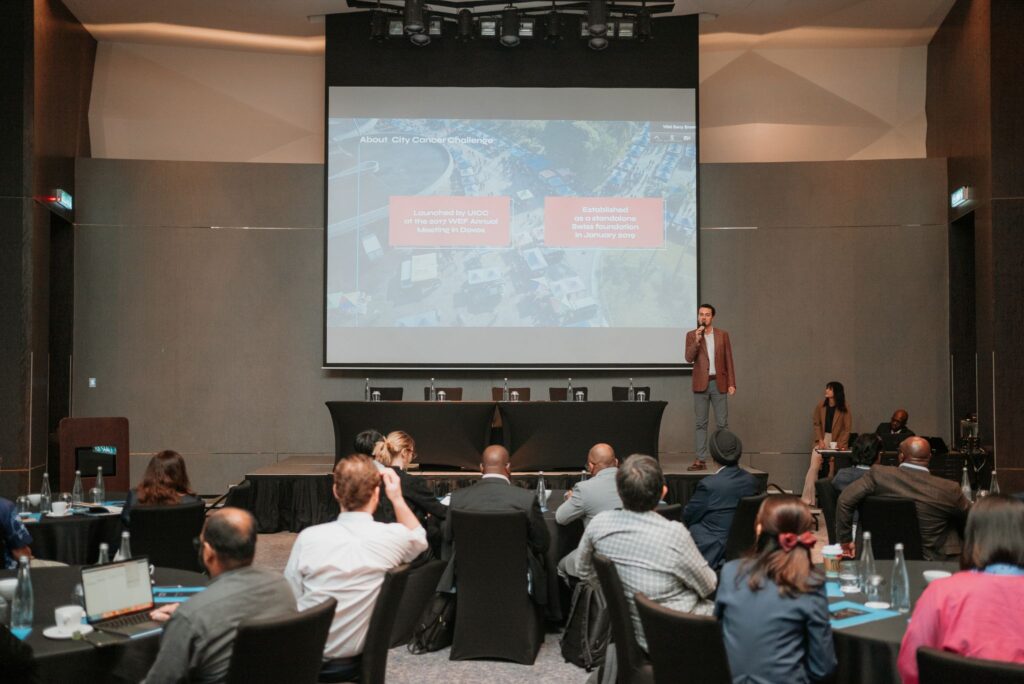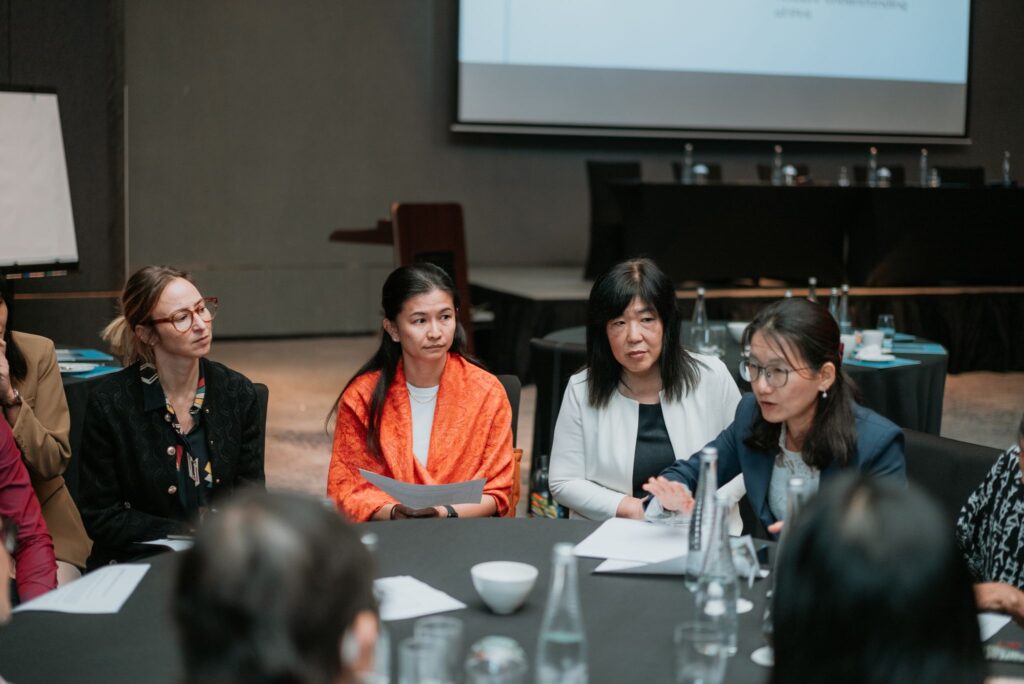
Malaysia has a high coverage of Private Health Insurance (PHI) for Asia, with 22% of the population reported to have one policy or more.
However, even if a patient is insured, there are notable challenges with coverage of cancer care, including out-of-pocket expenditures.
Greater Petaling conducted a preliminary needs assessment in 2022 to identify pressing cancer care gaps in the city that are related to Community and Patient Access.
Over half of the patients who participated in the assessment reported having private health insurance at the time of their diagnosis. More than a third mentioned that they spent over 25 per cent of their income on cancer care despite the policies that they hold.
Many challenges with Private Health Insurance were identified, with patients saying they needed support services to navigate their financial issues. Limited understanding of insurance policies and the insurance market and how this could be improved was a recurring theme.
said Derrick Zhie Chan, City Manager, Greater Petaling.
To delve deeper into these issues, C/Can worked with a local expert to conduct a survey that reveals how cancer patients with insurance are currently navigating their finances. In-depth interviews were held with patients, insurance experts, policy experts and a healthcare provider to find out more about how the insurance landscape can be improved for better access to cancer services.

The findings presented in a national workshop in November 2023 were:
- The sick and poor are excluded from obtaining private health insurance.
PHI is unaffordable for those in low-income groups and those with a pre-existing condition are often rejected for coverage. - The insured often have insufficient coverage.
Patients often use up their insurance coverage limits before their treatment is completed and there aren’t enough limits to cover newer cancer therapies. There is limited coverage for diagnosis, psychosocial support, outpatient services or long term care. - Patients are unaware of their insurance benefits and there is low financial literacy of the sector.
Patients rely on insurance agents to advise on their coverage and claims, with many unaware of the policy coverage, exclusion criteria and their annual/ lifetime limits. The advice given by agents is deemed not to be user friendly. - Claim processes and coverage is irregular across different companies.
Healthcare professionals have difficulties navigating insurance coverage which causes additional paperwork, delays in mandatory treatment and emotional distress to patients.
When patients exhaust their insurance claims and can no longer continue treatments in the private sector, they face additional financial and care challenges. This includes paying higher fees compared to standard public rates due to the transition from private to public hospitals. They may also need to adjust their treatment plans based on what is provided in public hospitals, as more expensive, innovative treatments are often unavailable.
said Dr. Ainol Haniza, Thematic Area Lead for the Health Financing and Affordability Project in Greater Petaling.
Each of the findings were discussed with local and international stakeholders during the workshop last year to collaboratively identify possible solutions. C/Can’s Digital Health and Finance team will use the lessons learnt to develop an advisory network that will design robust recommendations that will be shared with regulatory authorities and can be incorporated into policies that govern the Private Health Insurance Sector.

Moving forward C/Can will continue its collaborations with stakeholders and other partners towards improving financial coverage for cancer care in Malaysia.
said Dr Michael Gone, Health Financing Manager for C/Can.
C/Can would like to thank all its partners that attended this event and Boehringer Ingelheim, Roche and MSD for their valuable support to C/Can health financing initiatives.





